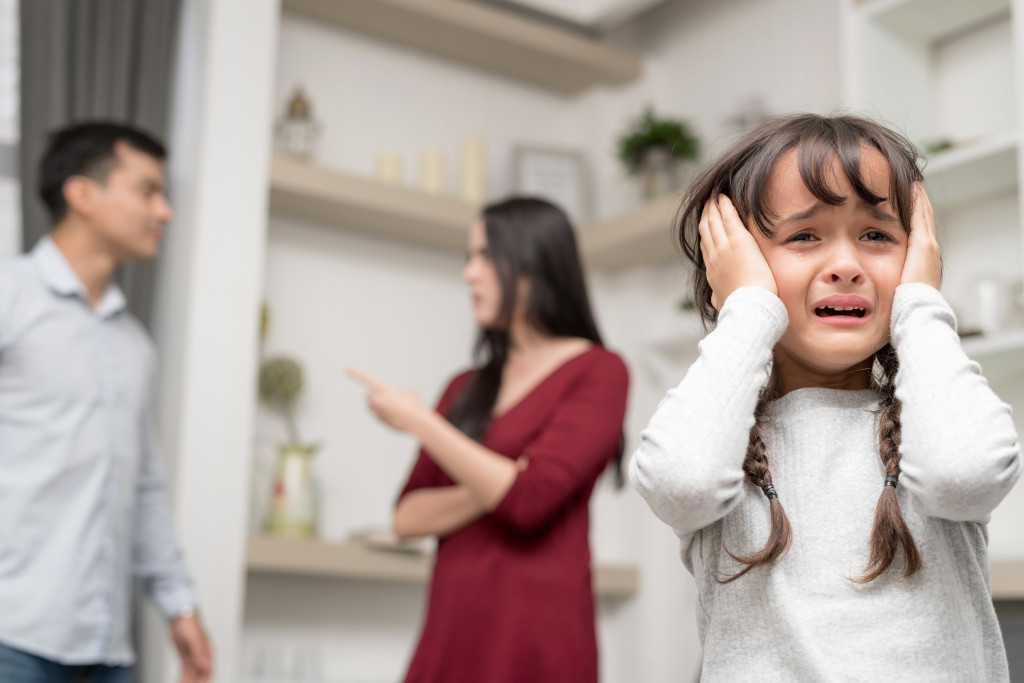The government declared stay-at-home orders in hopes of reducing the spread of the virus. Sadly, for many people, the virus is not the only thing they have to worry about. In America, physical domestic abuse happens to an average of 20 people per minute (both men and women). And because of the pandemic, domestic violence cases increased.
During the first few months of the pandemic, research showed an increase in domestic violence-related 911 calls. It was a 7.5% increase compared to 2019. People were unable to leave their homes in fear of COVID-19. Hence, domestic abusers had a bigger opportunity to abuse their partners. What’s worse is that since people are supposed to distance themselves. The likelihood of someone checking up on the victims are lower. That is why people need to know the tell-tale signs of an abuser. And what they should do if they believe that someone is at risk of domestic abuse.
Warning Signs of an Abuser
According to the National Coalition Against Domestic Violence (NCADV). Abusers often display the same characteristics and warning signs. If you notice anyone that shows any of this behavior, they might be abusers.
Extreme controlling behavior, jealousy, and possessiveness: They tend to see their victims as property or sexual objects. They will accuse their victims of flirting with others or cheating (even if they aren’t). They will control how their victim acts or dresses. They may even control the victim’s finances and use of gadgets. Some may go as far as to isolate them from friends or family.
Verbal abuse: Blaming their victim for anything bad that happens even if it isn’t their fault. Demeaning, humiliating, or harassing the victim privately or publicly. Even if they say it as a “joke”. May even talk badly about the victim’s friends or family to isolate them.
Sabotage: Sabotage of birth control methods. Sabotage of work or school. Sabotage of other relationships with people.
Violence: Towards the victim, animals, or even family members.
Keep in mind that abuse isn’t only physical or sexual. Abuse comes in the form of verbal, mental, financial, spiritual, and technological abuse.
What You Can Do to Help

Try to reach out in any way you can
Whether it be an old friend, relative, or neighbor, try to reach out to them in any way you can. Don’t be afraid of saying the wrong thing. Because that fear may be putting their life in danger. You can always start a conversation by asking them how they’ve been and if they’re safe. Show them that you’re willing to listen. And let them know that you’re there for them if they need anything.
Encourage the victim to seek help
Provide the victim with the hotline number of different domestic abuse organizations:
- National Domestic Violence Hotline: 1 (866) 331 – 9474 or text 22522
- StrongHearts Native Helpline: 1 (844) 762 – 8483
- Pathways to Safety International: 1 (833) 723 – 3833
- Gay, Lesbian, Bisexual, and Transgender National Hotline: 1 (888) 843 – 4564
- Rape, Abuse, and Incest National Network (RAINN) – National Sexual Assault Hotline: 1 (800) 656-4673
- Department of Defense (DOD) Safe Helpline for Sexual Assault: 1 (877) 995 – 5247
Also, encourage them to seek help from a reputable family lawyer. That way, they can get a restraining order against their abuser. Attorney’s can also help them get other legal aid and even a shelter.
You might also need to prepare an emergency escape plan. If it ever comes to that, make sure to prepare some money and a spare mobile phone. You could also offer to keep copies of important documents. Keep all this in an “escape bag”. It will also be extremely helpful if you can come up with a safe word or signal. They will have to use this to alert you if they need to escape. Prepare to watch out for this signal as it can happen at any time. ;
Call out abusive behavior
If you notice any abusive behavior in public. Even if you don’t know the person. Always call out them out. If you are in public surrounded by other people, the chances of other people helping you are huge. So don’t be afraid to call out any abusive behavior in public.
Donate to organizations that help victims of domestic abuse
Not a lot of people realize this. But donating money to organizations can help, especially during a pandemic. With the fear of the virus spreading in mind. People might not want to accept clothing donations. So, if you have a little change to spare, even the smallest amount you can give. Whether ten dollars or one, it can already be a big help.
Remember, anyone can be an abuser. Even the most charming and kind person can be abusive. So always be on the lookout for warning signs and red flags. Make sure to reach out and keep in touch with people you know are in sketchy relationships. You’ll never know when they might need help. Someone you know may be safe from the virus, but they might lose their lives to domestic violence.

